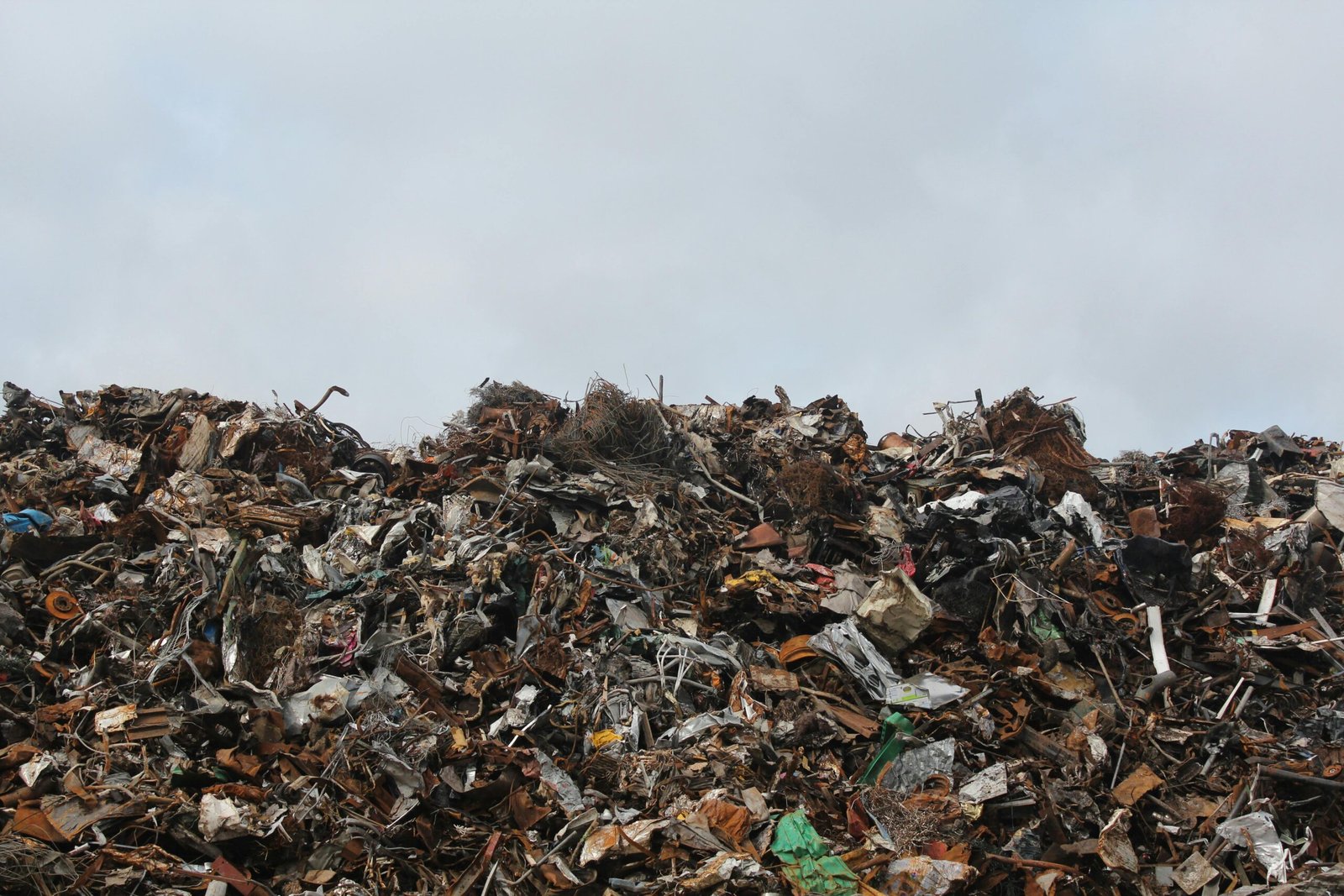We’ve all been there—spilling coffee on our shirt right before an important meeting, missing a flight by minutes, or getting caught in a downpour without an umbrella. In those moments, it feels like the universe is conspiring against us. We throw up our hands and declare ourselves cursed by bad luck.But here’s the thing: actual bad luck is surprisingly rare.The Math Doesn’t Add UpThink about how many things happen in your life every single day. You make thousands of micro-decisions, encounter countless variables, and navigate an impossibly complex web of circumstances. Your alarm goes off. Traffic flows a certain way. An email arrives at a particular moment. Someone says yes instead of no.The vast majority of these moments are neutral or mildly positive. Yet we barely notice them. Our brains aren’t wired to catalog all the times we didn’t get sick, didn’t have an accident, or didn’t face some random catastrophe. We notice the exceptions.When something genuinely unfortunate happens—say, a sudden car repair or an unexpected illness—it stands out precisely because it’s unusual. If bad luck were truly common, we’d be in a constant state of crisis. Most of us aren’t.
We Confuse Consequences with Luck
Much of what we label as “bad luck” is actually the predictable result of circumstances, choices, or simple probability. Running late because you hit every red light? That’s not cosmic misfortune—that’s traffic patterns and timing. Catching a cold during flu season? That’s exposure to viruses in a crowded environment, not fate singling you out.
Real bad luck—the kind that’s genuinely random and undeserved—is when something statistically improbable and negative happens despite reasonable precautions. Getting struck by lightning on a clear day. Having a meteor land on your house. These things do happen, but they’re vanishingly rare.The Negativity Bias Magnifies EverythingPsychologists have long documented our negativity bias—the tendency to give more weight to negative experiences than positive ones. A single critical comment can overshadow ten compliments. One bad day can feel like it defines an entire week.This bias makes us terrible accountants of fortune. We remember the parking ticket but forget the twenty times we found a good spot. We dwell on the job rejection but overlook the interviews we did get. Our mental ledger is systematically skewed toward the negative, creating an illusion that bad luck is more prevalent than it actually is.
When Bad Things Cluster
Sometimes genuinely unfortunate events do pile up in a short period, and it feels overwhelming. You get sick, your car breaks down, and then your laptop crashes—all in the same week. This isn’t evidence of a luck curse; it’s a statistical clustering that’s bound to happen occasionally in a random system.
If you flip a coin enough times, you’ll eventually get five heads in a row. That doesn’t mean the coin is rigged. It means you kept flipping. Life contains countless “coin flips,” and occasionally the unfortunate ones will cluster together. It’s painful when it happens, but it’s not a pattern—it’s noise.
The Perspective Shift
Recognizing that bad luck is rare doesn’t mean dismissing genuine hardship or pretending that difficult things don’t happen. They do. But reframing our relationship with chance can be liberating.
Most days, most things go reasonably well. You wake up, your body functions, you have options available to you. The baseline isn’t terrible luck with occasional good breaks—it’s general stability with occasional disruptions in both directions.When something genuinely unlucky does occur, you can acknowledge it as the exception it is rather than evidence of a cursed existence. And when you start noticing all the ways things go right by default—the accidents that don’t happen, the systems that work, the kindnesses that appear—you realize that neutral-to-good is actually the norm.
Bad luck exists. But it’s far rarer than we think, and recognizing that might just be the best luck of all.
